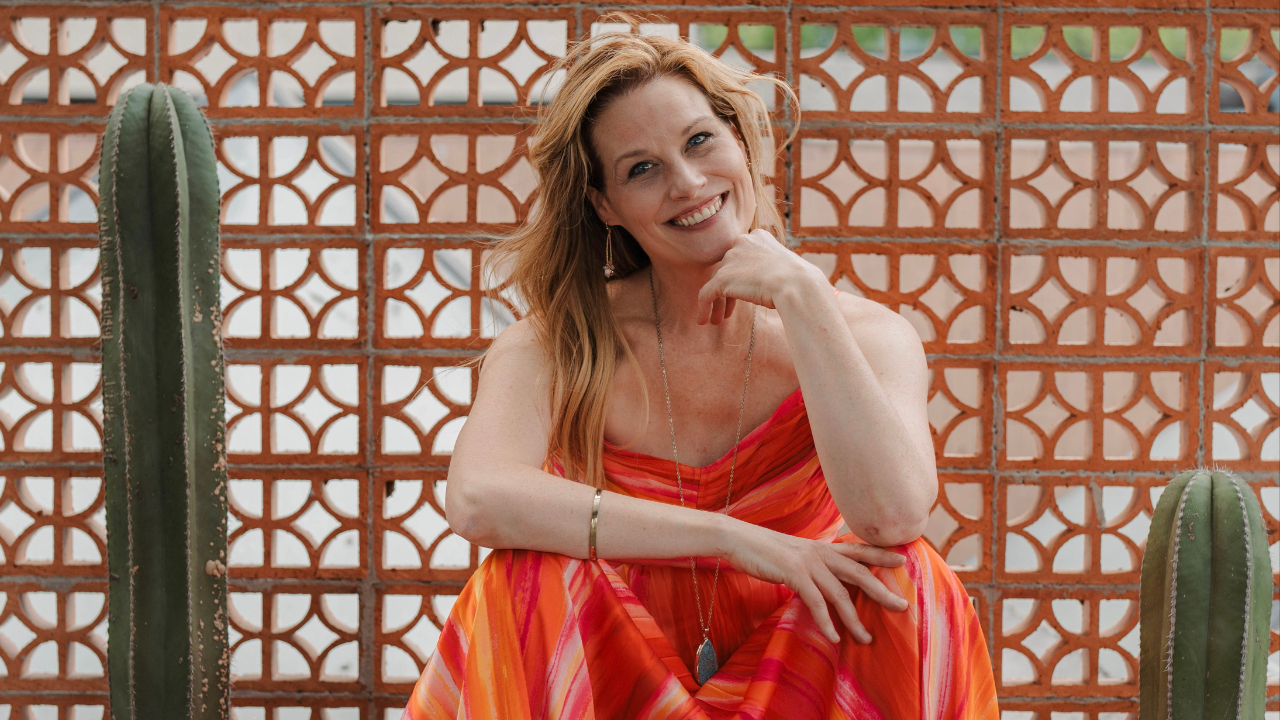From Unheard to Empowered: Why I Advocate for Voices That Go Unnoticed

The Profound Difference Between Hearing and Listening
According to Merriam-Webster, hearing is "the process, function, or power of perceiving sound." It’s passive—sound waves reach the ear, and the brain registers them.
Listening, on the other hand, is "to pay attention to sound; to hear something with thoughtful attention: give consideration." It requires focus, presence, and a willingness to understand beyond what is simply heard.
There’s a profound difference between hearing something and truly listening.
The Power of Knowing Your Own Voice
When I was a young teenager, I experienced vocal and physical challenges that didn’t make sense. My voice felt unpredictable, and my body wasn’t responding the way I expected. On top of that, I had immense pain in my chest and abdomen that no one could explain. My family and I searched for answers.
Doctor after doctor assured us there was nothing wrong. Some told my mom I was just a "great actress." Others suggested it was all in my head. At 13 years old, I was faced with a choice: doubt my own experience or trust in what I knew to be true.
I chose to trust myself.
That trust became an anchor, helping me navigate uncertainty, build resilience, and ultimately uncover a deeper understanding of my voice and body.
Reclaiming My Voice
Through it all, my mom never stopped believing me. She never stopped listening. She fought tirelessly to find answers, to advocate for me, and to ensure I got the care I needed. I am ultimately alive today because of her. She is a huge part of my journey, and I carry that with me every day.
Eventually, we found the right team of doctors, and I underwent life-saving thoracic surgery. But even after coming through the other side, my voice still felt inconsistent. I had to relearn how to use it—again and again.
Then, I met Joan Lader—my greatest mentor. For the first time, someone didn’t just hear me. She listened. Not just to my sound, but to my experience. She helped me connect to my body in ways no one had before. Through our work, I rediscovered my voice—not just as a singer, but as a whole person.
That experience shaped the way I work with my clients today.
Why I Advocate for Voices That Go Unnoticed
I care deeply about people with conditions like Ehlers-Danlos Syndrome (EDS), POTS, paresis, Laryngeal Dystonia, and other voice-related challenges—not just because I am studying them, but because I recognize how often these voices go unheard.
Many of these conditions are still not well understood, and the research remains limited. But that doesn’t mean the experiences of those living with them are any less real. I am committed to learning as much as I can, not just from studies and textbooks, but from the people who navigate these challenges every day.
I know what it’s like to be sent away with no answers, to be told nothing is wrong when something clearly is. I know the exhaustion of having to constantly educate medical professionals and the people around me just to be taken seriously.
Too often, people are told their struggles aren’t real. That their symptoms are just stress or habit. That their pain is "normal."
But when a singer says, “Something feels off,” I listen.
That belief is what drives my work today.
Creating a Space Where Every Voice is Heard
When someone walks into my practice feeling uncertain about their voice, I don’t just hear their symptoms. I listen—to their concerns, their frustrations, their hopes.
Together, we explore ways to bring ease, connection, and confidence back to their voice and body. Whether through manual therapy, biomechanics, or pressure coordination, my goal is never to “fix” a voice. It’s to help someone reclaim their voice in a way that feels powerful and true to them.
Your Voice Matters
If you’ve ever questioned whether your experience matters, it does. If you’ve ever been dismissed, that doesn’t mean your experience wasn’t real. If you’ve ever felt unheard, I see you.
Listening isn’t just about sound—it’s about presence, connection, and understanding. And when we learn to listen to ourselves, we step into our own resilience.
You are not broken. You do not need to be fixed. Your voice—your whole self—is capable of strength, adaptability, and growth.
Your voice is not fragile. It is powerful. It deserves to be nurtured, trusted, and fully expressed.
TVV Insider
Join 1K+ readers of TVV Insider for leading edge insights on vocal technique, hyper-mobility, movement, biomechanics, coordination, strength, and mindset.

Responses